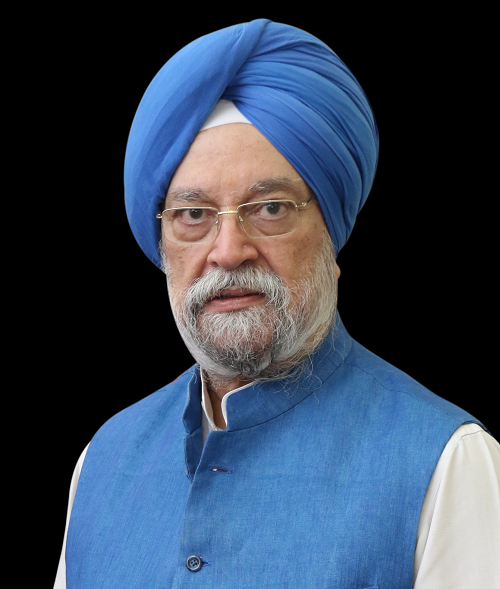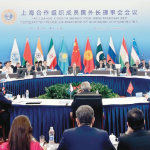Dr. GOWHAR RASOOL
King Midas, a legendary figure from Greek mythology, was once granted the power to turn everything he touched into gold. At first, he reveled in his newfound wealth, showering himself with gold and living in opulence. However, he soon realized that his gift had come at a great cost. He was unable to eat or drink anything, as it would turn to gold in his mouth. He was unable to touch his daughter or any other living thing without turning it to gold as well. In his pursuit of wealth, he had become isolated and miserable. This cautionary tale from antiquity speaks to a fundamental question that has puzzled philosophers for centuries: can money buy happiness?
Whether money can buy happiness has been a topic of discussion among philosophers, economists, and common people for ages. On the one hand, having more money gives us the ability to spend it on things that make us happy, like holidays, designer clothes, or glitzy equipment. Yet, some contend that acquiring riches can result in stress, envy, and social isolation and that pleasure cannot be defined solely in terms of material goods.
Recent data reveals that the connection between wealth and happiness is more nuanced than previously thought, notwithstanding this long-standing disagreement. The Easterlin Paradox, which bears the name of the economist Richard Easterlin, draws attention to the fact that, while economic development and rising incomes are frequently linked to greater pleasure inside a particular nation, these relationships do not hold true internationally or over time.
Numerous experts believed that fast economic expansion experienced by nations around the world in the middle of the 20th century would result in higher levels of happiness in society as a whole. The 1970s research of Easterlin, however, refuted this notion. He discovered there was no direct correlation between a country’s level of economic growth and the average level of happiness expressed by its residents, despite the fact that wealthy people were generally happier than poorer people within a given country.
In many instances, he discovered, economic growth was not related to any improvement in satisfaction at all. Of course, this does not negate the fact that happiness is influenced by money in any way. According to research, having more money can make you happier up to a point, especially for people who are having a hard time meeting their fundamental necessities. The link between wealth and happiness, however, deteriorates significantly once people reach a certain level of income.
Several researchers have verified the Easterlin Paradox and made an effort to explain it since that time. One theory is that when people’s wealth increases, they start to compare themselves more to other wealthy people, which causes a “hedonic treadmill” where individuals are continuously looking for more money and material belongings to keep up their level of happiness. Stress and the sensation that one would never be satisfied might result from this. A different theory is that as countries become wealthy, they can see a loss in social bonds and community involvement, which could have a bad effect on general well-being. The rise of individualism, urbanization, and increasing mobility are a few possible causes of this.
The philosopher Bertrand Russell wrote in his book “The Conquest of Happiness,” “The secret of pleasure is this: let your interests be as wide as possible, and allow your reactions to the things and individuals who interest you be as far as possible friendly rather than antagonistic.”
While if money can undoubtedly open doors and give us chances, it cannot replace real human connection and a feeling of purpose. We would do well to keep in mind that happiness is a state of mind that we create via our decisions and actions as we make our way across the complicated landscape of modern life. The goal may ultimately be to create a life that reflects our deepest beliefs and goals rather than to amass fortune.
(Author is Assistant Professor, School of Business Studies, Central University of Jammu. Email: [email protected])








